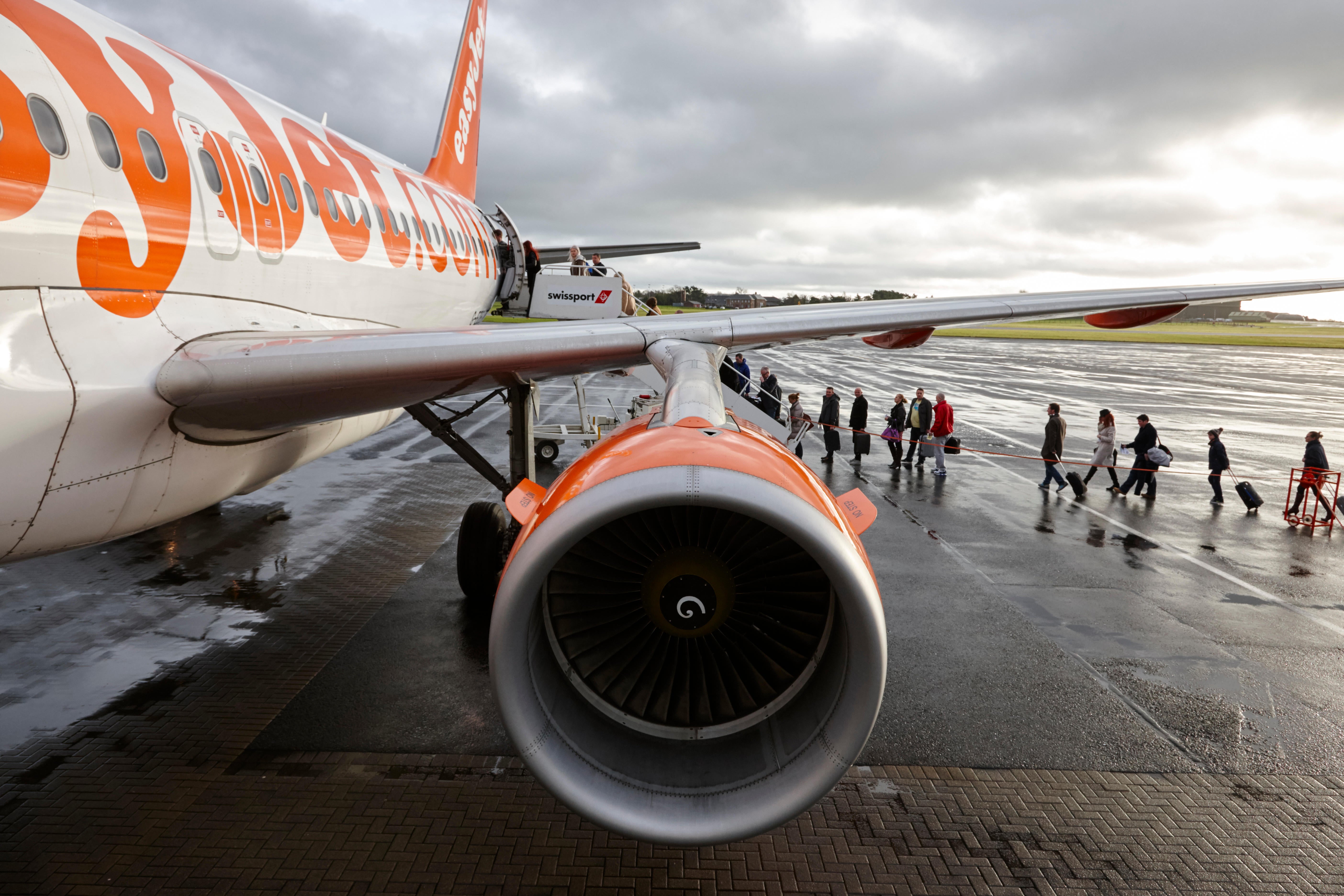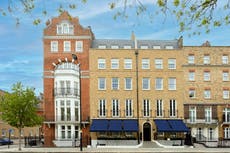Our flight leaving Japan was rebooked – what can we do?
Simon Calder answers your questions about consumer rights, hidden gems in Croatia and trips to the Emerald Isle


Q My wife and I have flights booked with Air France in November to Japan, to visit her family. Air France have rebooked our return flight from Wednesday to the following Saturday. I am trying to move the flight to a better date online. But I just get an error message, and it says to call them. I tried the phone line repeatedly yesterday and today, but it is always too busy to even leave us on hold.
We’re at a loss for what we can do. Please could you tell us our rights?
J89 via the latest Ask Me Anything at independent.co.uk/travel
A As Air France knows (and is supposed to tell you explicitly), it must find you a solution to return you and your wife from Japan on the same day as originally planned if that is what you want to happen and there are seats available.
The carrier is required to sort this out before you travel. The solution might involve flying some or all the distance to Paris via Seoul on Air France’s partner Korean Air, or even transferring you to a nonstop British Airways flight to London Heathrow.
Right now and through August I don’t expect you will be able to get an answer, though; the call centre is evidently very short staffed at a time of peak demand. I suggest you take a holiday from calling and start pursuing your options again in September. That will still give you a couple of months to sort out a solution.
In your position, though, I would happily keep the rebooked flight and have three more nights in Japan at the airline’s expense. Since Air France has chosen to cancel and extend your stay, under European air passengers’ rights rules it should pay for your hotel and meals (though no alcohol) while you are waiting. Just check that the airline will do this and invite it to book a hotel for you.

Q I live in Northern Ireland, which is supposed to be part of the UK. So why do we have to pay anything from £400 to £500 more for a holiday than people in Great Britain?
William McMA
A People in Northern Ireland have a right to feel aggrieved about a wide range of aviation issues. For example, the nation is far more dependent on aviation for domestic connectivity than England, Wales or Scotland. Yet air passenger duty of £13 applies on all departures at present, adding £26 to the cost of a trip to Great Britain and back.
Looking at the thorny question of holiday prices, though, it is not immediately obvious to me that Northern Ireland is especially hard done by. You would expect a modest premium for the extra distance from Northern Ireland to other parts of Europe: Belfast to Corfu and back, for example, involves 700 more miles of air travel than flights to and from Gatwick to than Greek islands. In many cases airlines incur significant expenses running relatively small operations out of Belfast International Airport – making them disproportionately more expensive than, say, Gatwick, Bristol or Manchester.
At the root of this discrepancy, though, is the simple fact that holiday companies will charge whatever the market will bear. There is clearly a large amount of demand this summer from Northern Ireland to holiday locations as travellers seek to catch up on lost sunshine. With capacity is still limited, prices have certainly risen to well above 2019 levels. As always, the market will find a solution in the fullness of time: if disproportionate profits are being made this summer, you can be sure that competition will intensify next year.
Meanwhile, holidaymakers in Northern Ireland have a relatively straightforward option that those in Great Britain do not: nipping across the border to go to Dublin. The republic’s capital is now a leading European hub. You may be able to find some even better deals from Dublin than from English airports.

Q My wife and I are planning to go to Croatia next year, and we’re probably going to opt for Split and Dubrovnik. Is there anywhere else – perhaps a little off-the-beaten-track – that you’ve been to which would be worth considering?
Martin S
A Each of those cities is spectacular in its own way. Dubrovnik is a magnificent walled city in an outstanding location where the mountains tumble into the Adriatic. It also has a handy resort district, Lapad, and some decent holiday hotels.
Split’s city centre is defined by the ancient fortifications of Diocletian’s Palace, which has been continuously occupied for 17 centuries. At its heart stands the Roman emperor’s mausoleum – now the city's cathedral. The southwest flank is an esplanade known as the Riva, overlooking the harbour.
Both reward exploration on foot, though in summer Dubrovnik can get impossibly crowded when a couple of cruise ships are in.
I suggest you take to the seas yourselves: either island-hopping your way between the cities, or picking a less-known escape such as Solta – just an hour off the coast from Split, yet strangely overlooked. Pines drape the hills, fishing boats bob in tiny harbours and life is easy and relaxed.
Personally, I recommend travelling along the Dalmatian coast: a new bridge acts as a “Bosnian bypass” to get past a tricky frontier point. I am particularly fond of Makarska, about an hour southeast of Split. No need, by the way, to rent a car; buses are frequent and reliable.
Finally, each city’s airport has a lovely small port close by, which I urge you to visit on your way in or out. From Dubrovnik airport, a quick taxi ride will take you to Cavtat, from where you can sail across to the city on a ferry. And Trogir is just a couple of miles past Split airport – allowing you to check in, then nip along the road for a coffee and a stroll before your flight home.
Email your questions to s@hols.tv or tweet @SimonCalder




Join our commenting forum
Join thought-provoking conversations, follow other Independent readers and see their replies
Comments